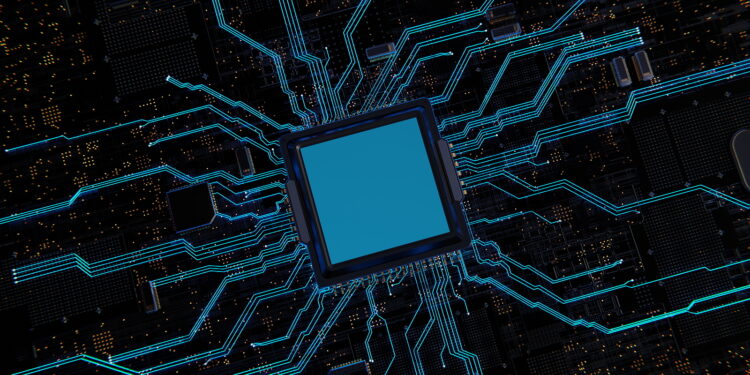Technological advances in the field of semiconductor chips are advancing rapidly. Apple in particular is known for being at the forefront of these innovations. With the upcoming introduction of 2nm chip technology in 2025, we are on the verge of another significant leap in the performance and efficiency of our devices.
Apple and its chip supplier TSMC have repeatedly achieved technological milestones in recent years. From the introduction of the 5nm process to the current 3nm technology, both companies show how important innovation and continuous improvement are in the semiconductor industry. This development is not only interesting for technology enthusiasts but also has a significant impact on the performance and efficiency of the devices you use every day.
2nm chip technology: The next big step
According to a report According to BusinessKorea, TSMC is on track to launch 2nm chip technology in 2025. These advances are instrumental in Apple's plans to transition its own silicon processors to the 2nm process. Zhang Xiaogang, vice president of process development at TSMC, has confirmed that "the development of the 2nm process is proceeding smoothly" and mass production is expected to begin in 2025 as planned.
Challenges and progress in 2nm production
There were rumors that the launch of the 2nm process might be delayed due to technical challenges in the initial application of Gate-All-Around (GAA) technology. However, these concerns were allayed by Zhang, who pointed out that "the yield in the application of GAA has reached 90 percent of the target." This shows that TSMC has made significant progress and the technology is on the right track.
Impact on Apple products
performance improvements and energy efficiency
The transition to 2nm chips is expected to deliver a 10 to 15 percent performance increase and up to a 30 percent reduction in power consumption compared to current 3nm technology. These improvements mean faster, more efficient devices that last longer on a single battery charge.
First application in the iPhone 17
The new 2nm chips could be used for the first time in the iPhone 17 product line. This would be another significant step forward after the iPhone 15 Pro was already equipped with the A17 Pro chip, which is manufactured using the 3nm process. The M4 chip recently introduced in the new iPad Pro also uses an improved version of this 3nm technology.
The role of TSMC
Exclusive partner for 2nm and 3nm chips
TSMC remains the only company capable of producing 2nm and 3nm chips at the size and quality Apple requires. For its 3nm chips, Apple has used all of TSMC's available production capacity, and TSMC plans to triple its production capacity for this process by the end of the year.
Strategic partnerships and visits
To ensure the supply of the 2nm chips, Apple's Chief Operating Officer Jeff Williams recently visited Taiwan to meet with TSMC President Wei Zhejia. These strategic partnerships are critical to Apple's continued ability to innovate and meet its ambitious timelines.
A milestone in the semiconductor industry
The upcoming launch of 2nm chip technology marks a significant advancement in the semiconductor industry and has the potential to significantly improve the performance and efficiency of Apple devices. With TSMC as a strong partner, Apple is well positioned to continue to be at the forefront of technological innovation and bring you the best devices on the market. The future looks bright, and we can't wait to see what further advancements await us in the coming years. Overall, the move toward 2nm chips not only demonstrates the technical capabilities of TSMC and Apple, but also the commitment of both companies to constantly push the boundaries of what is possible. Stay tuned for more updates on this exciting topic, and look forward to the next generation of Apple products that will feature this groundbreaking technology. (Photo by angel_nt / Bigstockphoto)





